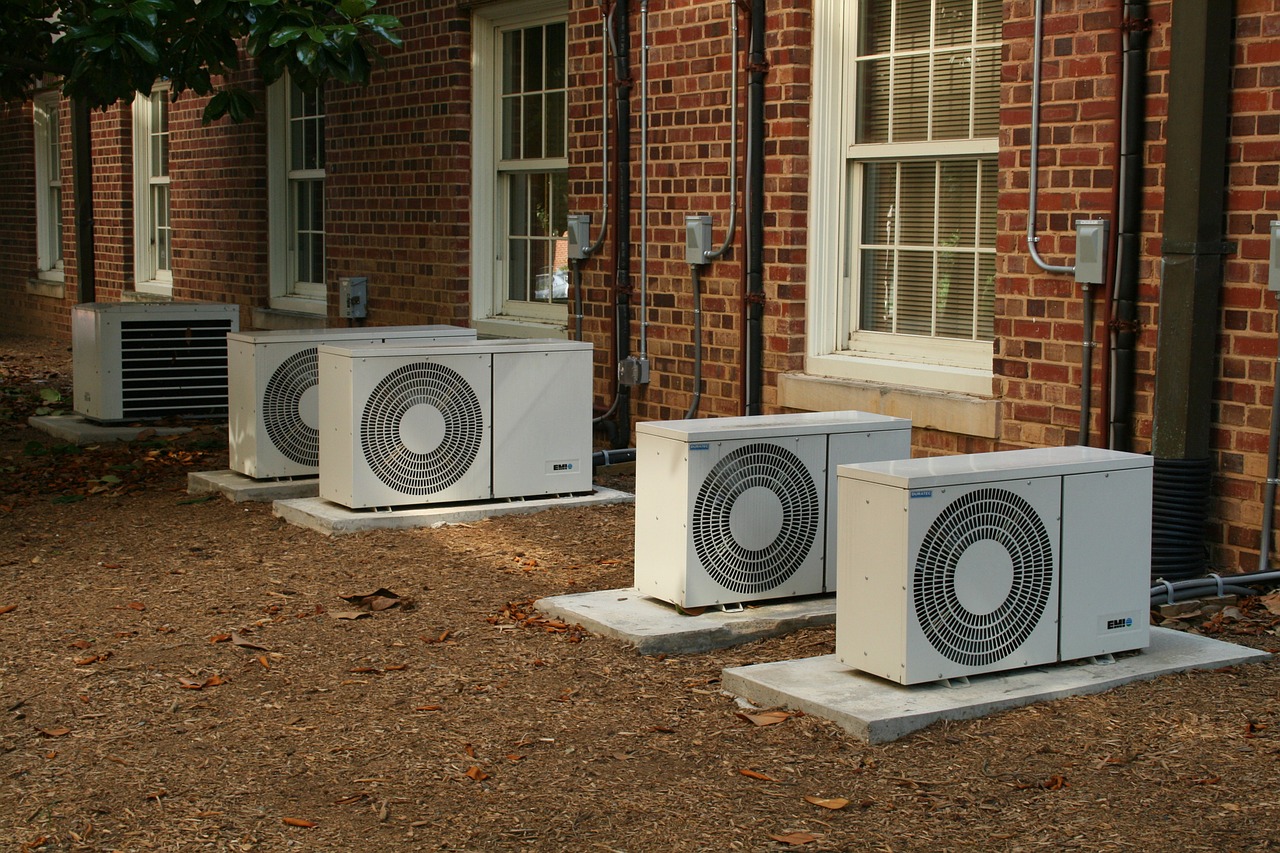Air Conditioning is no longer considered a luxury in our society. Very few homes or businesses go without it. Those who live where temperatures get very cold or hot find it an absolute necessity. Maybe we’ve gotten soft, but I prefer to think that we have the technology, so why not use it!
Most buildings, including homes, are constructed with central air systems as an integral component. But there are many instances where room air conditioners are the best solution to air conditioning needs.
Ideally, a central heating or cooling system will keep every room comfortable year round. If every building the reader spends any time in fits that description, there is no reason to read further. But my experience is quite different, and I suspect that most folks have a similar perspective.
The Room Upstairs
My family’s home is two stories, and there is one bedroom upstairs that is directly over the garage. That room has been problematic since the house was built. Hot in the summer and cold in the winter, and we’re not talking just a couple of degrees. To get that room semi-comfortable, the thermostat upstairs must be set to temperatures that make the rest of the upstairs too cold or hot and make the central unit run almost constantly. One can be sure of what that does to the electricity bills.
We’ve adjusted the vents without much change. We’ve had ac contractors out to look at it, and each gives a different recommendation, ranging from a new central unit ($$$$$) to replacing the plenum and balancing the system ($$$). But none are simple fixes, and who knows if they would actually correct the problem. The bottom line is that the room is away from the thermostat, the heat load is just too much for the room to stay cool, and the room doesn’t hold warmth in the winter. Its position over the garage and several windows make it a difficult room to deal with.
So how does a room air conditioner help in such a situation? First, every room air conditioner has its own thermostat, so the unit will run until the target temperature is reached in that room, meaning one doesn’t have to play the game of setting the central thermostat too low or high for the rest of the house. Second, since the central unit can be set to normal levels, it will not have to work overtime, cutting its operating cost and probably prolonging its service life. This is how room air conditioners pay for themselves.
This is probably the ideal situation for a room air conditioner: i.e., as a supplement to inadequate central air. Many rooms fall into this category, including most apartments, many small offices, and some rooms added on to a house or place of business. These are rooms that get some air from a central unit, but not enough to stay comfortable. They may be transiently comfortable, but don’t stay that way for long due to heat transfer occurring at a different rate from the rest of the building. The solution is to condition the room directly with a dedicated unit.
Other Situations for a Room Air Conditioner
Another ideal use is a room that has different needs from the rest of the building. Some bedrooms may fall into this category, but the classic example is the computer server room. Businesses with servers know that these devices work better and last longer if they are kept in a cold room. Servers generate quite a bit of heat, so their room tends to get hot. Some newer buildings are designed with this in mind, and actually, dedicate a small central unit solely to that room. But if this is not done, it can be very difficult and costly to add a central ac. Since a room pressed into service to house servers is likely to already have central supply from the main building unit, a portable air conditioner is often the perfect solution to get the room cold with its own thermostat.
As a general rule, particularly with portable air conditioners, these devices are not designed to be used where the ambient temperatures are extremely high. If a room has temperatures reaching over about 86 degrees, a portable air conditioner is not likely to be able to get the room really comfortable. But there are situations where room air conditioners can be adequate for rooms without central air. Such rooms include offices inside a warehouse or other building with no ac, garage apartments with no connection to central ac, commercial apartments without ac, and small field offices. Also, unusual situations like trailers that have a generator, closed garages, and other rooms that people want air-conditioned because of the particular use of those rooms. These situations usually warrant a bit more powerful unit.
Whether the best room air conditioner is a window unit, portable unit, wall unit, or mini-split will depend on individual circumstances. It is highly encouraged that those searching for a room ac unit do their research and discuss their situation with someone familiar with the different options. That will increase the chance that they will get the best unit for their particular needs.


